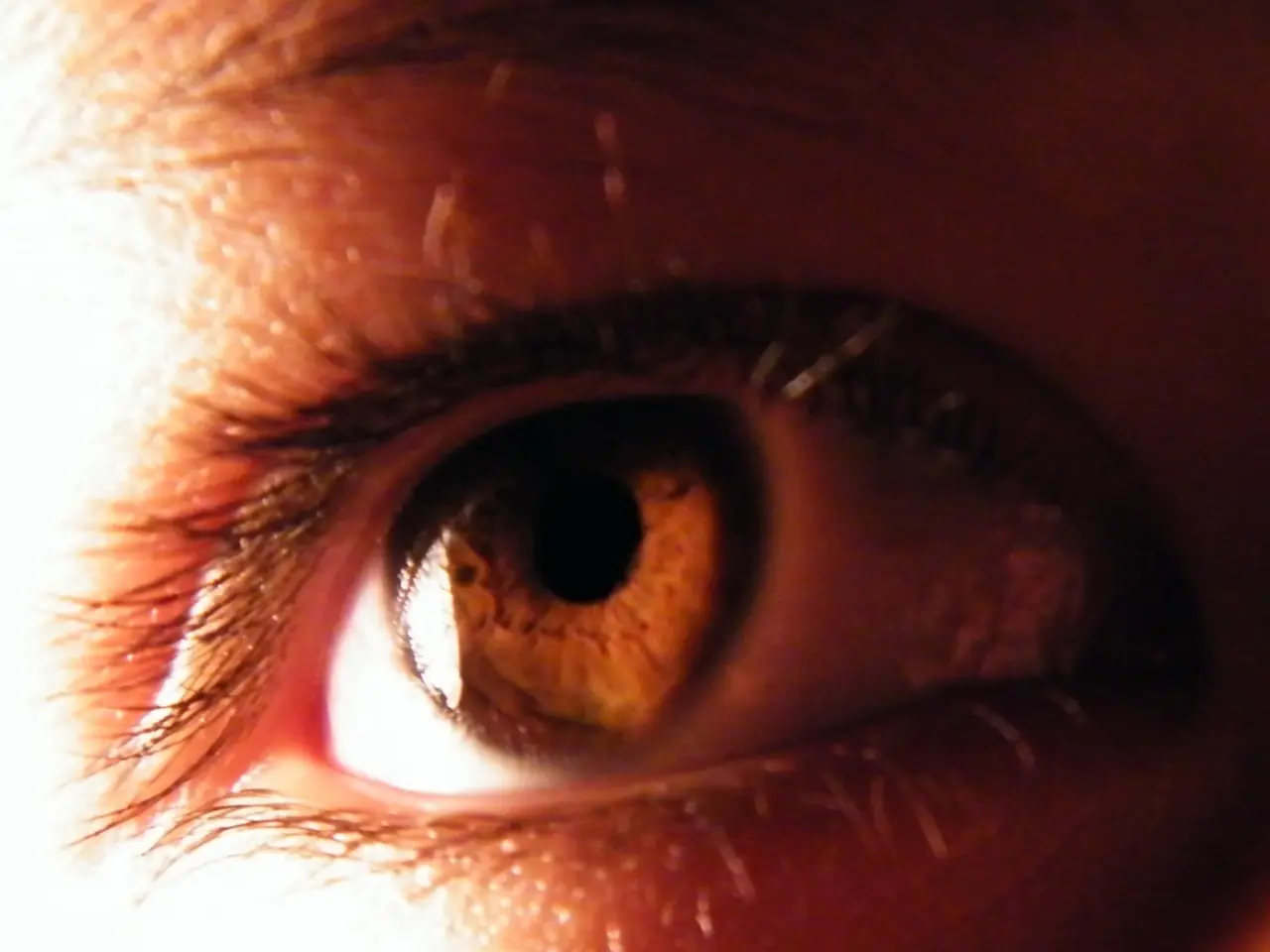Qi Deficiency Explanation: Understanding Its Nature and Potential Treatments
In the realm of Traditional Chinese Medicine (TCM), a condition known as Spleen Qi deficiency is considered a state where the vital life energy (Qi) responsible for nourishing and energising the body is insufficient or weakened, particularly in relation to the Spleen. The Spleen, in TCM, plays a central role in digestion and the transformation of food into Qi and blood.
### Causes of Spleen Qi Deficiency
The Spleen's Qi deficiency can be caused by various factors, including overthinking or chronic worry, poor diet or digestion, excessive physical work or fatigue, internal imbalances or invasion by dampness or cold affecting the Spleen’s function, and emotional factors such as stress impacting organ Qi circulation.
### Symptoms of Spleen Qi Deficiency
Individuals experiencing Spleen Qi deficiency may exhibit symptoms such as fatigue and lack of strength, poor appetite and digestion issues (bloating, loose stools), pale complexion, mental fog or difficulty concentrating due to insufficient Qi to nourish the mind, weak muscles, easy bruising, spontaneous sweating, and a feeling of heaviness.
### Treatments in TCM
To address Spleen Qi deficiency, TCM practitioners may employ various methods, including herbal formulas aimed at tonifying Spleen Qi (e.g., Huang Qi, Bai Zhu), acupuncture targeting Spleen meridian points to strengthen Qi flow, lifestyle advice to reduce worry and overthinking, dietary adjustments to support digestion and energy transformation, physical rest balanced with moderate exercise to rebuild Qi, and addressing emotional health to prevent further Spleen Qi damage.
### Comparison with Western Medicine
While Western medicine does not have a direct equivalent term for "Spleen Qi deficiency," some of its symptoms parallel diagnoses related to chronic fatigue, digestive disorders, or malabsorption syndromes. In Western terms, fatigue, poor appetite, and cognitive fog could be symptoms of conditions like anemia, hypothyroidism, chronic infections, or psychological disorders such as anxiety or depression.
In conclusion, TCM's Spleen Qi deficiency reflects a holistic perspective combining physical and emotional factors, manifesting as fatigue and digestive inefficiency, treated by restoring energetic balance. Western medicine sees these as symptoms with defined organic or psychological causes addressed with targeted interventions. Both systems provide complementary views that can be integrated in patient care depending on clinical context.
[1] Maciocia, G. (1989). The Foundations of Chinese Medicine: A Comprehensive Text for Acupuncturists and Herbalists. Churchill Livingstone. [2] Unschuld, P. (1986). Medicine in China: A History of Ideas. Cambridge University Press. [3] Kaptchuk, T. J. (2011). The Web That Has No Weaver: Understanding Chinese Medicine. Singing Dragon. [4] Niemtzow, R. (2014). Acupuncture Energetics: A Clinical Approach for Physicians. Elsevier Health Sciences.
- In the context of Traditional Chinese Medicine (TCM), Spleen Qi deficiency can also be associated with conditions like HIV, as both might cause weakness and fatigue.
- Individuals suffering from Non-Small Cell Lung Cancer (NSCLC) might experience a similar loss of appetite and digestive issues, symptomatic of Spleen Qi deficiency.
- People with asthma might find acupuncture, a treatment method for Spleen Qi deficiency in TCM, helpful in managing their breathing difficulties.
- Those with ulcerative colitis or Crohn's disease may find some relief in TCM's focus on addressing the emotional factors impacting organ Qi circulation, as mental stress can worsen symptoms.
- TCM's emphasis on nutrition and dietary adjustments can be beneficial for individuals dealing with dermatitis, eczema, or psoriasis, as proper food intake plays a crucial role in maintaining skin health.
- In the realm of mental-health, TCM can offer predictive insights by analyzing emotional factors causing Spleen Qi deficiency, which could aid in the early detection and management of depression or bipolar disorder.
- A healthy and balanced life encompassing aspects like science, health-and-wellness, fitness-and-exercise, and nutrition can aid in the prevention and recovery from various diseases such as hepatitis, atopic disease, and more, by fortifying the Spleen's Qi and improving overall vitality.
- By addressing the root cause of Spleen Qi deficiency, TCM treatments can contribute to overall well-being and disease prevention, including conditions like depression and anxiety, which are closely linked with mental health.
- In cases of chronic fatigue, digestive disorders, or malabsorption syndromes, a holistic approach that considers physical, emotional, and lifestyle factors, as in Traditional Chinese Medicine, can offer valuable complementary insights and interventions.
- An integrated approach that combines the best practices of TCM and Western medicine, considering both symptoms and underlying causes, can help ensure comprehensive and personalized patient care.




